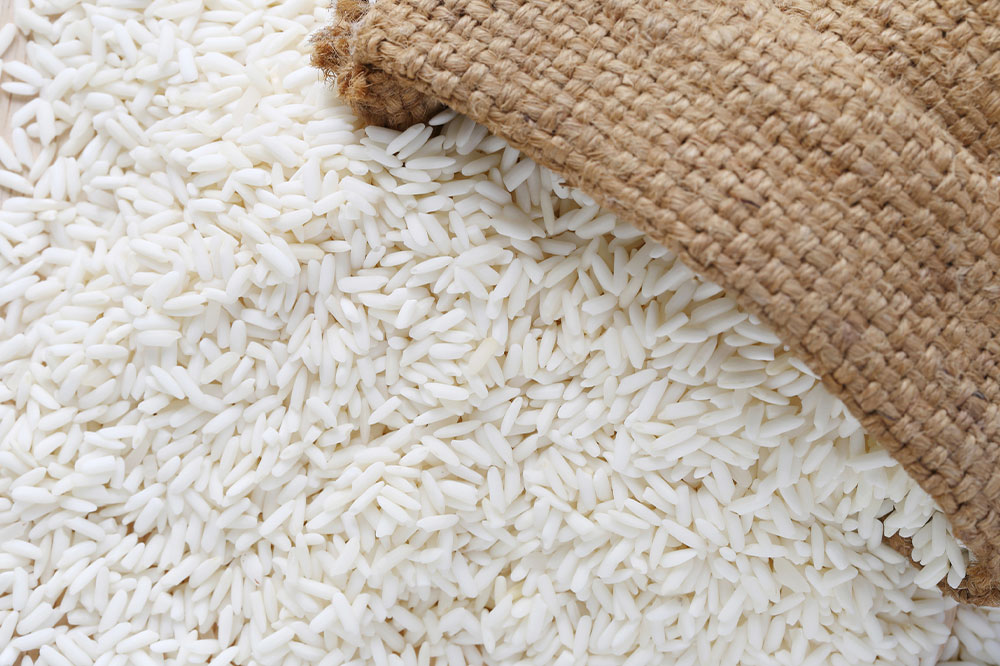
Avoid these 4 foods to manage ADHD
ADHD or attention deficit hyperactivity disorder is a mental health condition related to neurodevelopmental issues in kids. Even though the disorder may start to show up during childhood, it can continue even as the child grows into an adult. The condition is marked by heightened impulsivity and hyperactivity. Early diagnosis and timely treatment can make a difference in the child’s condition. Parents can opt for virtual mental health care sessions or online therapy for their child.
Besides therapy, it is essential to keep an eye on the foods that the child eats. Here’s a list of four foods that a child with ADHD should avoid to prevent worsening of symptoms.
Foods with higher GI
Food items or carbohydrates like white rice, corn syrup, honey, candy, sugar-coated cereals for breakfast, potatoes without skin, cornflakes, etc., should be avoided if a person is suffering from ADHD. These foods contain higher levels of glycemic index or GI. When these foods are consumed, the pancreas is stimulated to secrete more insulin in the blood. This impacts sugar levels in the bloodstream. The sugar is emptied fast from the blood to the cells causing an imbalance supply of sugar. This imbalance can affect the brain cells and aggravate certain conditions, including ADHD.
Further to this, a study by neuroscientist Richard Wurtman Ph.D., from the Massachusetts Institute of Technology, found that carbs trigger drowsiness in the brain, thereby making the child less alert and affecting their performance.
Foods with artificial colors and flavors
Various research into the impact of food additives like preservatives, artificial colors, and flavors show that the increased consumption of these food items can lead to hyperactivity in kids. These studies have been conducted for more than fifty years now.
Based on these studies, the American Academy of Pediatrics also suggests that children with ADHD should avoid foods that contain preservatives and colorings. A few of the substances that should be avoided include synthetic food colors like yellow and red. Foods containing monosodium glutamate or MSG, aspartame, sodium benzoate, and nitrites should also be avoided.
Processed sugar
This is still a debatable topic because even though most parents (84%) of kids with ADHD believe that artificial sugars do more harm than good, science has still not found conclusive evidence to prove it. It is largely believed that increased intake of sugar, both in kids and adults, can worsen the signs of the mental disorder. However, studies have still not proved that sugar affects the cognitive function or behavior of a child. A mild effect has been found in certain studies, though.
Overall, parents should avoid treating their kids with foods like candies, cakes, pies and doughnuts and icecreams. It is because increased sugar means increased calories. Foods rich in sugar usually do not have much nutritional content that helps keep the child steady and focused. Therefore, it is better to avoid this food type in the overall interest of the child’s health.
Caffeine
Though taken in small amounts, caffeine (found in tea, coffee, energy drinks and sodas) can help with ADHD symptoms in kids. However, there’s no tested evidence to prove it. Caffeinated beverages can interfere with ADHD treatment plans, making it difficult to treat the condition.
Certain foods affect multiple functions of the brain like mood, attention, emotional health, and cognition. Making changes to the meal plans can help patients deal with their ADHD condition and symptoms better. Other than this, it is vital to seek professional help for the right treatment. Parents of kids and adults affected by ADHD can seek virtual mental health care so that they can effectively manage their stress levels and other challenges.
In severe cases, doctors may recommend ADHD treatments like Quillivant XR. In 2022, discount programs can help get this treatment for lower prices. Some copay cards and coupons reduce the Quillivant XR cost to as little as $25.







